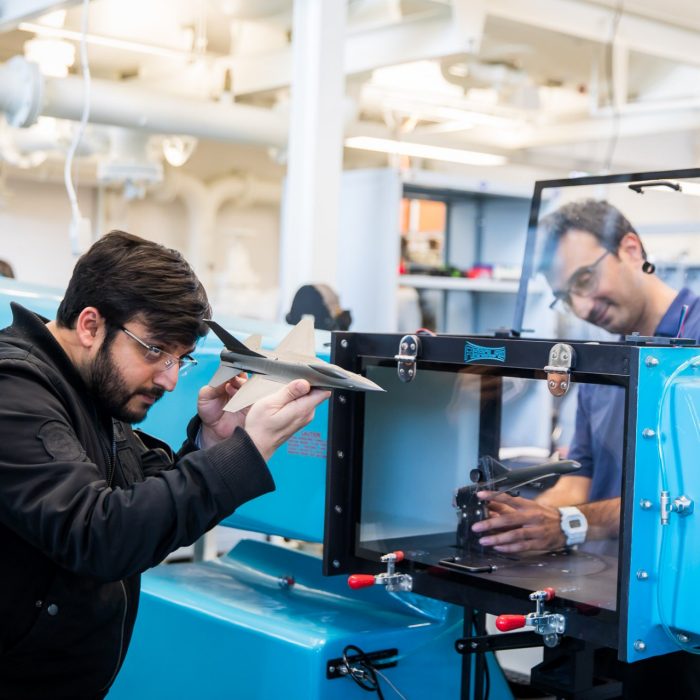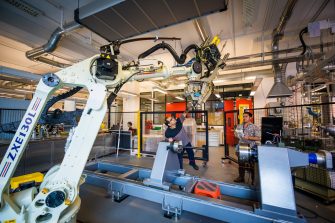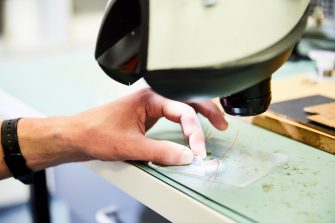Space and Aerospace Engineering

What is Space and Aerospace Engineering?
Space and Aerospace Engineering involves design, manufacture, operations and development of flight vehicles and their systems. You’ll have the choice and options to discover your own path – you can choose an education in either the mechanical or electrical aspect of the field. You’ll have the option to specialise in areas such as aerodynamics, or navigation and control.
Why study Space and Aerospace Engineering?
If you’ve ever dreamed of understanding things beyond our planet, this is for you. Space research is an integral part of our future and a rapidly developing area of study, thanks to support from the Federal Government. You’ll get hands-on learning about systems like:
- complex spacecraft control systems to keep them orbiting where they’re supposed to, and pointing in the right direction;
- communications for satellite application;
- power subsystems and photovoltaics that keep the satellites running;
- robotics that allow autonomous manipulations in space;
- electronics and signal processing for space sensors and radars, and more.
Why choose UNSW?
Our Space Systems Engineering program is unique to UNSW. You’ll be empowered at a globally renowned school, where passion, diverse perspectives and a hands-on approach create solutions for a better world. We're ranked #1 in Australia and #25 globally for Mechanical and Electrical Engineering (QS World University Rankings by Subject, 2025). Studying at UNSW, you’ll be at the forefront of discovering Australia’s space capabilities, with The Australian Centre for Space Engineering Research (ACSER) taking a national leadership role in Australian space engineering research.
What about careers?
The Aerospace industry is growing, and fast. It’s one of Australia’s major exporters of high value-added manufactured goods and a growing field of research with strong career potential. UNSW graduates in the field earn amongst the highest salaries in Australia.
You might choose to continue studying a Masters in Space Systems Engineering, and then move on to a PhD. The degree is designed to produce industry-ready Space and Aerospace Engineers.
Your career path could include:
- Space mission planning and development
- Space propulsion and launch vehicle design
- Management and operation of space and supporting infrastructure
- Space law
- Design and building of ground-specific components to satellite launch
- Satellite data analysis, such as remote sensing and earth observation
- Satellite applications, such as satellite communications and global navigation systems
- Design and building of Aerospace/Flight Vehicles
- Manufacture and maintenance of flight vehicles for commercial airlines and government defence forces
How can I study Aerospace and Space Engineering?
-
Our specialised degree, Bachelor of Engineering (Honours) (Aerospace Engineering) will provide you with strong skills and knowledge to enter the aerospace engineering industry.
We offer a range of engineering program specialisations that can be undertaken in our Engineers Australia accredited degrees. You can study Aerospace Engineering in the following undergraduate degrees/compatible degrees:
Double degrees
-
Supercharge your Space and Aerospace Engineering career with postgraduate study in:
Podcast



